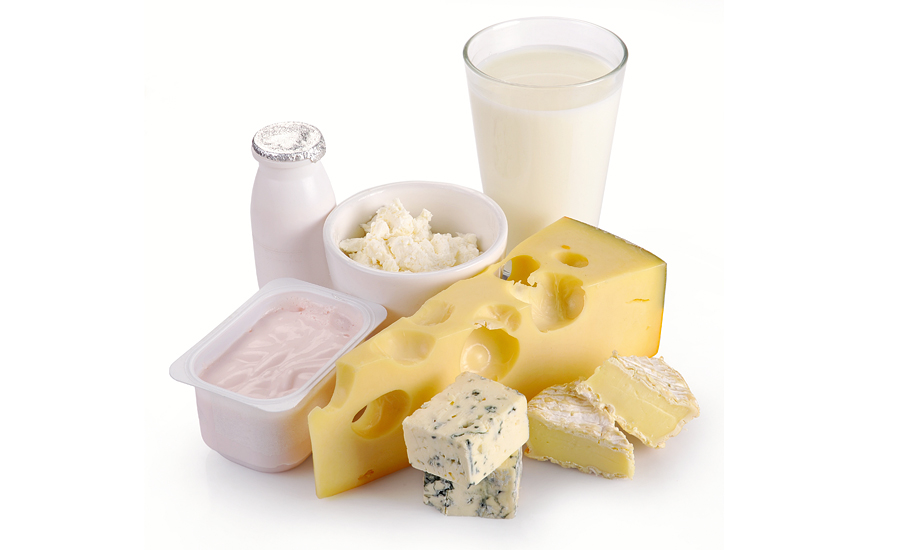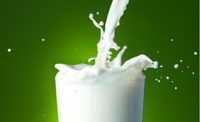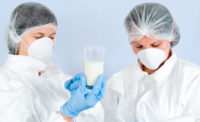Owing to the growing health awareness levels across the Asia-Pacific (APAC) region, consumers are expected to switch to functional dairy products fortified with vitamins, according to research presented by GlobalData, UK.
The report, “Opportunities in the Asia-Pacific Dairy & Soy Food Sector,” reveals that the dairy and soy food sector in APAC, which was valued at $111.8 billion in 2017, is expected to register the fastest growth among regions with a compound annual growth rate (CAGR) of 6.8% over the period 2017-2022.
“Factors such as a steady population growth, acceptance of dairy products as a part of one’s daily diet and rising health awareness levels will boost the demand for dairy and soy food products across the APAC region,” says Monika Bargla, consumer analyst. “Simultaneously, the sector is also witnessing a growing demand for soy-based products such as soy milk, especially from vegan consumers seeking non-dairy, high-protein substitutes.”
Within APAC, China accounted for the largest value share at 34.1%, followed by India (16.8%), Japan (16.1%) and Australia (7.2%) in 2017. The robust demand for milk can be attributed to the sizeable proportion of young consumers who drink milk on a regular basis. In addition, demand is driven by the high proportion of vegetarian populace in countries such as India, where consumers depend on dairy products to meet their daily calcium and protein requirements.
In terms of categories, milk accounted for the largest share with 55%, followed by drinkable yogurt (17.1%) in 2017. The Top 3 companies in the APAC dairy and soy food sector accounted for only 18.5% value sales in 2017.
“With growing health concerns, consumers are expected to switch to functional dairy products fortified with vitamin D, calcium and omega-3 fatty acids, among other essential micronutrients,” adds Bargla. “In addition, with a substantial proportion of Asian consumers perceiving products with lactose-free claims to be healthier for them, the sector is expected to witness a rise in the number of lactose-free product launches in the coming years. Therefore, product specificity will emerge as the key driver where consumers’ focus will be on choosing the ‘right ingredients,’ thus prompting manufacturers to offer more bespoke products.”



